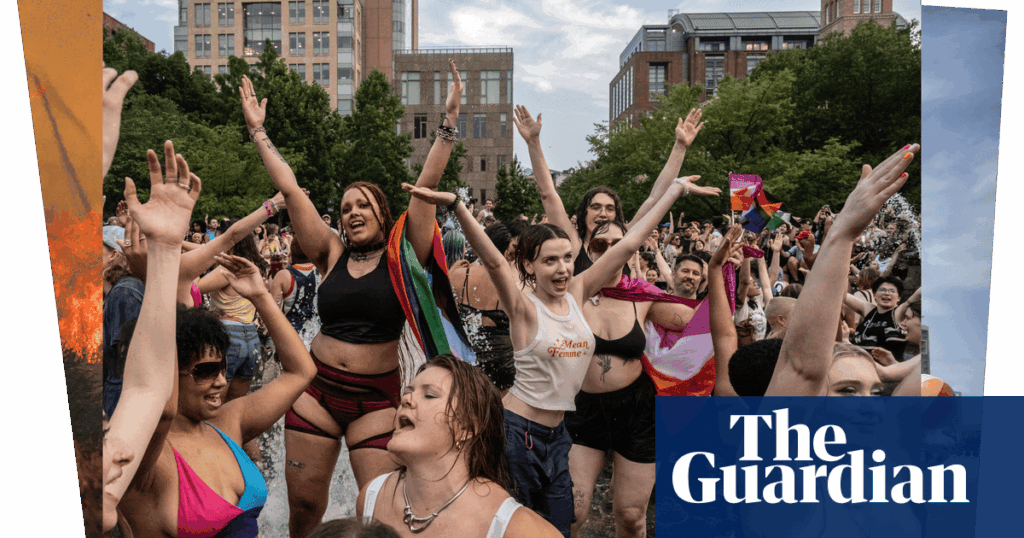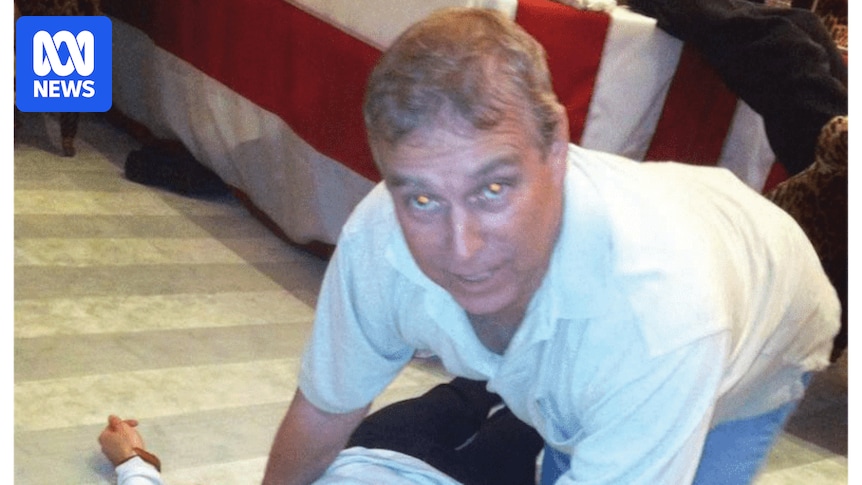
In the picturesque village of Pilton, England, the Glastonbury Festival concluded with its usual fanfare as attendees strolled away from Worthy Farm. However, the festival’s aftermath has been overshadowed by a brewing controversy involving the BBC’s broadcast decisions. The network’s director general, Tim Davie, is under intense scrutiny for not halting the live-stream of a performance by the band Bob Vylan, during which chants calling for the death of Israeli soldiers were aired.
The incident occurred on a Saturday afternoon when Bob Vylan’s vocalist led chants of “death, death to the IDF,” a reference to the Israel Defense Forces. Despite being informed of the situation during his visit to the festival, Davie did not pull the footage, prompting widespread criticism and demands for accountability.
The BBC’s Response and Public Reaction
This development follows a series of challenges for the BBC, which has been navigating a complex media landscape under Davie’s leadership for nearly five years. The decision not to interrupt the broadcast has sparked a debate about the broadcaster’s responsibilities in moderating live content, especially when it involves potentially inflammatory or harmful messages.
According to sources within the BBC, the network is conducting an internal review to understand how the situation was handled and to assess its policies on live broadcasts. The broadcaster has faced backlash from various quarters, including political figures and community leaders, who argue that the BBC should have acted swiftly to prevent the dissemination of such messages.
Historical Context and Media Responsibility
The controversy surrounding the BBC’s decision is not an isolated incident but rather part of a broader discourse on media responsibility and censorship. Historically, broadcasters have grappled with the challenge of balancing freedom of expression with the need to prevent the spread of hate speech. The BBC, as a public service broadcaster, is often held to higher standards due to its influential role in shaping public discourse.
Media experts have weighed in on the situation, emphasizing the importance of having robust protocols for handling live broadcasts. Dr. Sarah Thompson, a media ethics professor at the University of London, noted,
“Live broadcasting presents unique challenges, and broadcasters must be equipped to make swift decisions in real-time to uphold ethical standards.”
Implications for the Future
The move represents a significant test for Tim Davie’s leadership and the BBC’s commitment to responsible broadcasting. As the internal review progresses, there are calls for the network to implement more stringent guidelines and training for handling sensitive content during live events.
Meanwhile, the incident has reignited discussions about the role of public broadcasters in a digital age where content can be disseminated rapidly and widely. The BBC’s handling of the situation will likely influence future policy decisions and set a precedent for how similar incidents are managed.
As the story unfolds, stakeholders and the public alike are keenly observing the BBC’s next steps. The outcome of the internal review and any subsequent policy changes will be crucial in determining the broadcaster’s approach to live content moderation and its broader implications for media ethics.





